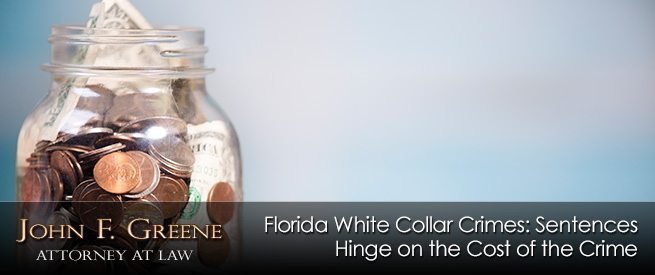
The biggest objection judges have when sentencing offenders for white collar crimes is that the guidelines for jail terms are weighted according to how much money was made or lost by the commission of the financial crime. It’s a broad stroke approach that applies to all financial crimes, including embezzlement and insider trading. NY federal senior judge Jed Rakoff states,” the federal sentencing guidelines are too simplistic, too harsh and often fail to offer punishments nuanced enough to fit the crime.” Whether you’re the lead honcho in a financial crime or low on the hierarchy, you could still get the same prison sentence.
Those Doing Long Time for the Crime
RajRajaratnam, former head of hedge fund Galleon Group, was sentenced to an 11-year prison stay for insider trading. That’s one of the stiffest sentences for insider trading in the United States. Matt Martoma was convicted of insider trading while working for SAC Capital Advisors. He was found guilty of generating profits and avoiding losses of $275 million through insider trading. Although his lawyer Richard Strassberg argued that he only action on one piece of information about one event, it couldn’t save him from a long 11-year sentence. According to the U.S. guidelines, his actions deemed an 11 to 15 year sentence. Matt Martoma is currently serving his sentence in a low-level security federal prison in Miami. His current home is also home to former computer software executive Sanjay Kumar, who is serving out his 12-year sentence for a $2 billion fraud at Computer Associates.
Does the Time Fit the Crime?
Many judges and legal experts feel the sentences for white collar crimes are outrageous and extreme. So, what’s fueling the enforcement of the U.S. Draconian sentencing guidelines for white collar crimes? Over the past two decades, the political winds have shifted from moderate to severe. The end result was longer sentencing for financial crimes. And the arithmetic behind prison sentences for financial crimes is more money equals more jail time.
At the Fifth Symposium on Crime and Punishment at the NY John Jay College of Criminal Justice, federal public defender in the Southern District of Florida lamented that the federal sentencing guidelines for financial crimes is too tough and unfair. Up to 60 percent of offenders are being sent to prison. That’s up from 44 percent just 10 years ago.
Jonathan Herbert of Lighthouse Point, FL, was sentence to 12 years in federal prison for wire fraud in a mortgage scam. He operated his scheme from a strip mall in Fort Lauderdale and kept clients’ money for his personal use. The scheme tallied up to $750,000. The state of Florida spends over $2 billion on 100,000 inmates convicted of non-violent crimes every year. Many are in for long period of time due to tough sentencing laws during the age of a war against drugs. New legislation in 2014 reduced sentences for nonviolent drug offenders with the possession of some drugs. Many feel congress should also take a good look at the sentencing guideline for financial crimes and reduce harsh mandatory minimums for white collar offenses.
To learn more about white collar crimes in Florida or criminal defense, contact Destin Florida defense attorney John F. Greene. With 30 years of experience working with defendants in both state and federal courts Attorney Greene will review the facts of your case and, if there is a remedy for your legal issue, he will find it.
The law office of John F. Greene is located in the City of Destin and serves all those along the Emerald Coast, specifically the Destin, Crestview, DeFuniak Springs, Fort Walton Beach, Niceville and Panama City Beach. Contact John online or call 850-424-6833 to schedule a consultation.









